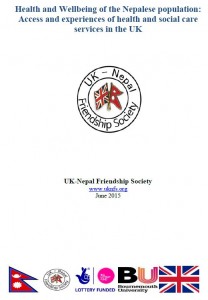
Bournemouth University presents some of the key findings of the first study of its kind of the Nepali community in the UK. The report also shows the way forward for improved UK Nepali community NHS and social care provision. The research is a joint initiative between the UK Nepal Friendship Society, Bournemouth University in collaboration with the South East London Nepali community and funded by the Big Lottery Fund.
Key findings from the report suggest in particular that the elderly Nepali population struggle to access cultural appropriate health and social care. This results in people accessing health services too late. Further research is needed on mental health, especially on loneliness and social isolation in the elderly, but also on minorities within the broader community as well as those with limited English language skills. Its recommendations have potential transformational value for the relationship between this ethnic minority, most well-known for its Gurkha community, and the NHS and social care providers.
Many Nepali people evidenced that they struggle with accessing and navigating NHS services, and that there are significant confidence-building requirements that need to be addressed concerning a revealed need for experiencing more equitable NHS customer service provision. The lead author Dr. Bibha Simkhada is Visiting Faculty at BU.
Ruth Passman of NHS England, Head of Equality & Health Inequalities commented:
“This report and its findings indicate the scale of the need for the NHS to have a better understanding of the needs of the Nepali community accessing in an effective and equitable way, and through its profile of health and wellbeing seeking behaviour of the community for the NHS to have the opportunity to better address in partnership with the Nepali community, its particular needs.”
Prof. Gail Thomas the Dean of the Faculty of Health & Social Sciences added: “Bournemouth University has a long-standing history of health and health promotion research in Nepal. This study amongst the Nepali community in South London reminds us of the importance of addressing health and well-being issues in ethnic minority communities in the UK.”
Mr. Tej Bahadur Chhetri, the Acting Ambassador and Charge D’Affaires at the Embassy of Nepal sent the following message:
This report is a most helpful contribution, to promote much needed change in healthcare provision for the Nepali community, especially with the fast approaching 200 years of special friendship and diplomatic relations between Nepal and the UK. The link between the two countries started with the Gurkha regiments becoming part of the British Army, and having been so to this day. The UK Nepali community will clearly benefit from the report and its recommendations’
Alan Mercel-Sanca, the Chairperson of the UK Nepal friendship Society added: “We particularly appreciate Dr Bibha Simkhada and Dr Rajeeb Kumar Sah’s dedication and high quality research in the Nepali community. We would also like to thank the Big Lottery Fund for making this ground-breaking piece of work possible, and the NHS England Equality and Health Inequalities team for their great interest in the value of the research. The Report offers a unique opportunity for our evolving NHS and the Ministry of Health to better understand and more effectively meet the needs and hear the Voice of the Nepali community – it clearly has direct relevance to other South Asian and broader Black & Minority Ethnic communities using and seeking to access an NHS that is equitable and effective.”
The presentation will take place tomorrow Wednesday 22nd July at 15.00 in the Executive Business Centre on Holdenhurst Rd. The meeting will be introduced and opened by Prof. Vanora Hundley, Deputy Dean for Research & Professional Practice in the Faculty of Health & Social Sciences. Prof. Hundley herself has published several academic paper on Nepal or English-language academic journals in Nepal.
Prof. Edwin van Teijlingen
CMMPH
@EvanTeijlingen
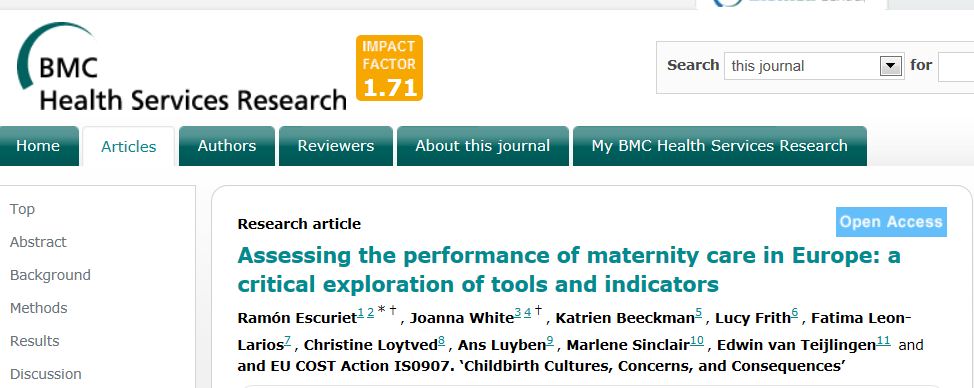
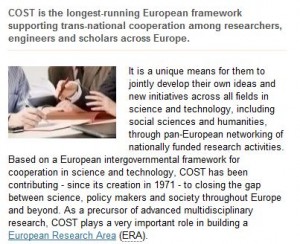 This paper critically reviews published tools and indicators currently used to measure maternity care performance within Europe, focusing particularly on whether and how current approaches enable systematic appraisal of processes of minimal (or non-) intervention in support of physiological or “normal birth”.
This paper critically reviews published tools and indicators currently used to measure maternity care performance within Europe, focusing particularly on whether and how current approaches enable systematic appraisal of processes of minimal (or non-) intervention in support of physiological or “normal birth”.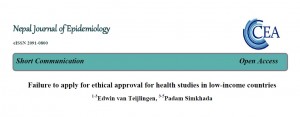

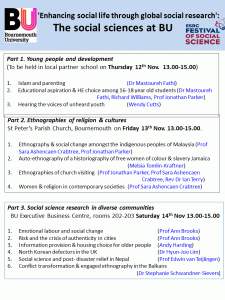


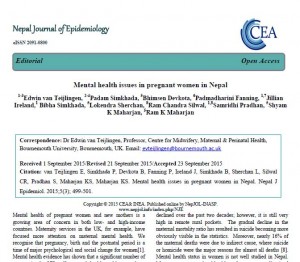


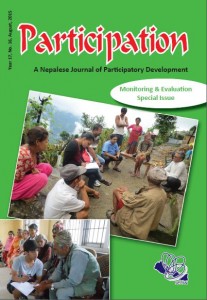
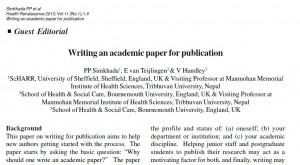
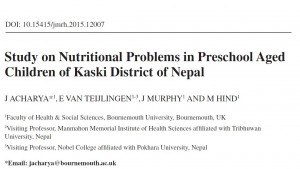
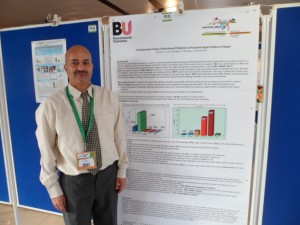
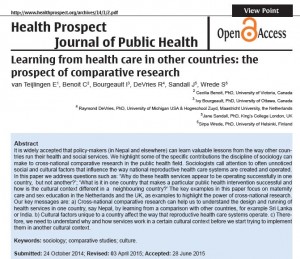

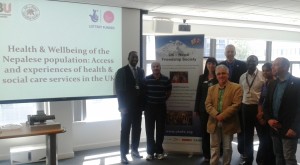
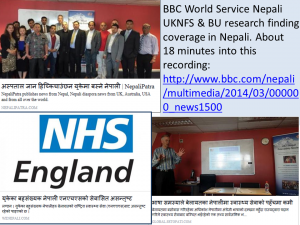 uth Asian and broader Black & Minority Ethnic (BME) communities in the UK.
uth Asian and broader Black & Minority Ethnic (BME) communities in the UK.
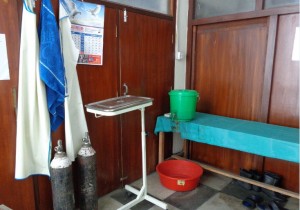
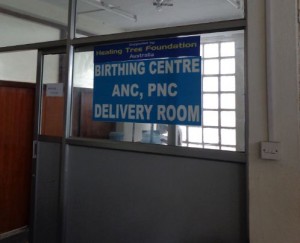
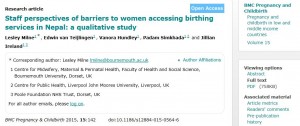
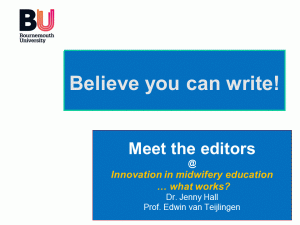
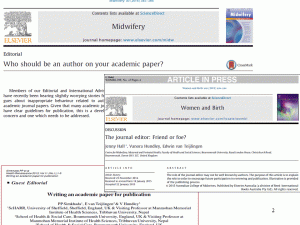
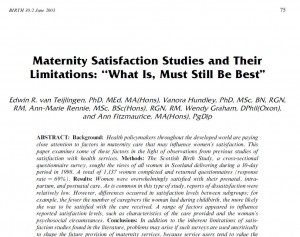
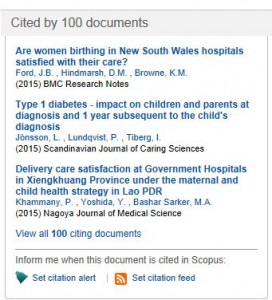

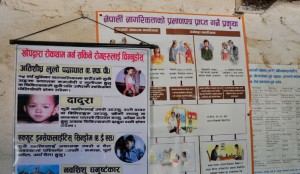














 Dr. Ashraf cited on ‘Modest Fashion’ in The Guardian
Dr. Ashraf cited on ‘Modest Fashion’ in The Guardian NIHR-funded research launches website
NIHR-funded research launches website Academics write for newspaper in Nepal
Academics write for newspaper in Nepal New paper published on disability in women & girls
New paper published on disability in women & girls MSCA Postdoctoral Fellowships 2025 Call
MSCA Postdoctoral Fellowships 2025 Call ERC Advanced Grant 2025 Webinar
ERC Advanced Grant 2025 Webinar Horizon Europe Work Programme 2025 Published
Horizon Europe Work Programme 2025 Published Horizon Europe 2025 Work Programme pre-Published
Horizon Europe 2025 Work Programme pre-Published Update on UKRO services
Update on UKRO services European research project exploring use of ‘virtual twins’ to better manage metabolic associated fatty liver disease
European research project exploring use of ‘virtual twins’ to better manage metabolic associated fatty liver disease